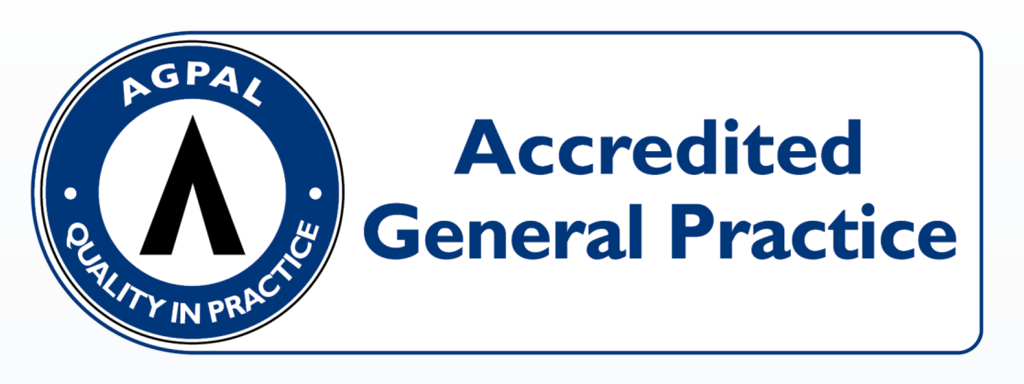7 – 13 November
National Cervical Cancer Awareness Week
A Pap smear is a quick and simple test used to check the health of the cells on your cervix.
A smear every 2 years is currently your best protection against cervical cancer and all women aged between 18 and 70 are encouraged to book an appointment for a Pap smear if they are due or overdue.
Pap smears – what you need to know
What is a Pap smear?
A Pap smear is a quick and simple test used to check the health of the cells on your cervix.
In Australia, all women aged between 18 and 70 years are encouraged to have cervical screening every 2 years. Being screened regularly means that any changes in the cells of the cervix can be found early, allowing them to be monitored and if needed treated to prevent the possible development of cervical cancer.
A Pap smear takes only a few minutes and can be taken by a doctor, nurse, midwife or Aboriginal Health Worker.
Find out more about having a Pap smear.
Why are Pap smears important?
Pap smears check for abnormal changes of the cells of the cervix that can sometimes lead to cervical cancer.
Although Pap smears are not a test for cancer, having regular Pap smears until you are 70, even after menopause, is your best protection against cervical cancer.
4 out of every 5 women who develop cervical cancer have either never had a Pap smear, or do not have regular Pap smears.
Do I need to have a Pap smear?
If you are a woman aged 18 to 70 years who has ever been sexually active you should have regular Pap smears every 2 years.
This includes:
- well women
- pregnant women
- women who have sex with other women
- women who no longer get periods
- women who are no longer sexually active
- women who have been vaccinated against human papillomavirus (HPV)
- women who have only had one sexual partner
- transgendered men who still have an intact cervix.
A Pap smear is a screening test for women who are well without any unusual signs or symptoms. If you have any abnormal bleeding or discharge, see your health care professional, even if your last Pap smear was normal.
What if I have had a hysterectomy?
Women who have had a hysterectomy should discuss their need to have Pap smears with their health care professional. The need to continue with Pap smears for women without a uterus depends on the type of hysterectomy they had and the reason for the hysterectomy.
What if I have had the HPV vaccine?
There are currently 2 human papillomavirus (HPV) vaccines available in Australia which protect against 2 types of HPV that cause 70 per cent of cervical cancers.
These vaccines do not protect against all types of cancer-causing HPV, which is why regular Pap smears are still necessary even if you have been vaccinated.
What if I forget to attend my next Pap smear?
The WA Cervical Screening Registry keeps a confidential database of women’s Pap smear results.
The Registry provides a safety net for WA women by sending reminder letters when Pap smears and other follow-up tests are overdue.
Where to get help
- Phone us on 08 9497 1900 to book your Pap Smear in or for further assistance
- Visit healthywa.wa.gov.au/papsmears for more information



